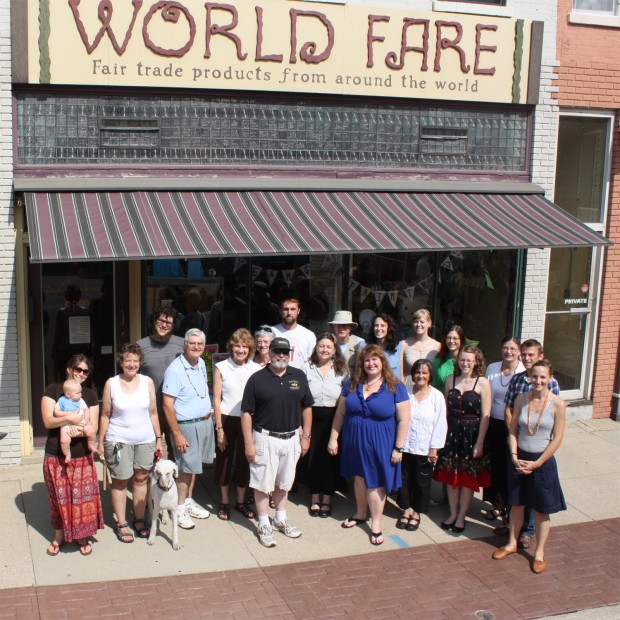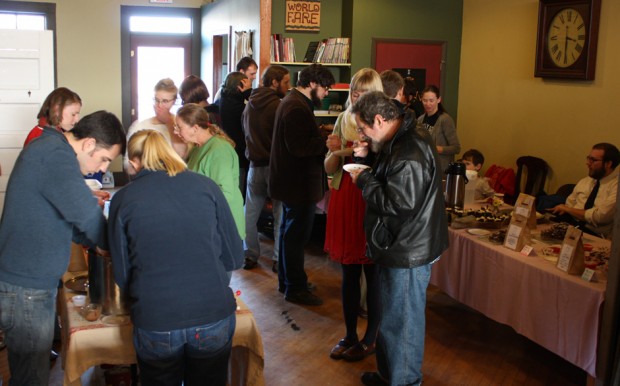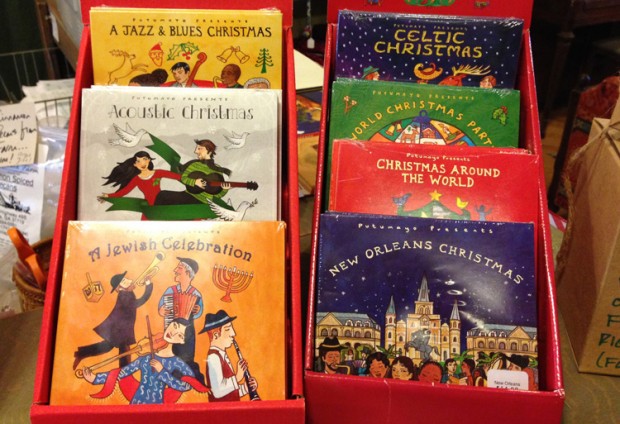
The Fair World
by Elisabeth Wenger
Quintessence of Main Street dust,
summertime is your bike and that one song
that each birdfilled morning you wake to find
going round your head again, a beat you
walk down green familiar streets to, marking time
and territory.
And perhaps you shall mistake this decade door for your own—
it is much the same—and open, step through, blink,
to find yourself in Sri Lanka, the ocean’s tear,
smelling the rich tea-earth stopping your mouth.
You may open a door and find the ribbon-flecked streets
of Kinshasa and Antananarivo, find yourself in Paraguay,
in Ecuador, Eritrea, Micronesia, places
you may never go, but you will know the songs of,
singing along in languages you do not understand
but like the strange taste of in your mouth. Through the door
the fair is bright with jongleur’s lights, and euphonous,
and all the saints whose day it is smile from their plinths,
wrapped in their atlas robes, silk, cotton, and flax.
The booths shine with the distilled work of hands so honored,
caught like lakeside fireflies in a jam jar to light your nights.
The price of honor is honor, and to pay it is weightless
and to be paid is to open your eyes. The fare is free,
fairness is the evenhanded maker of the fair. The door is open.
And at the back, Nepalese newspapers
used for packing pile up, which you cannot read,
but which nonetheless tell of people
who walk down other Main Streets, their feet and speech,
in characters as beautiful as trees. This is all
so different from what you know, and yet the newsprint
feels just the same, rubs off on your thumbs in the same
inky way. Their dust is your dust, and the justice of this
has not been lost, though the idea of it has traveled the world
without you.









